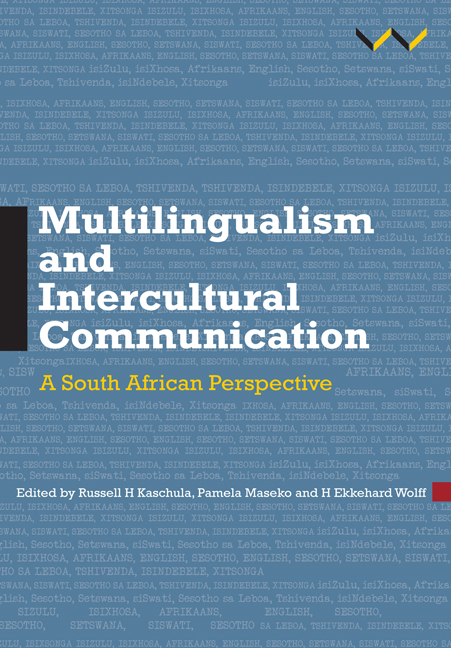Book contents
- Frontmatter
- Contents
- Tables and figures
- Preface
- Abbreviations and acronyms
- Central terms and concepts
- Introduction
- Prologue: The essentialist paradox in intellectual discourse on African languages
- Part One African language empowerment: concept formation and intellectualisation
- Part Two Language planning, terminology development and dictionaries
- Part Three Language in education
- Part Four Language in the professions: law, media, science and language technology
- Part Five Language, culture and intercultural communication
- Acknowledgements
- Contributors
- Index
Prologue: The essentialist paradox in intellectual discourse on African languages
Published online by Cambridge University Press: 23 March 2018
- Frontmatter
- Contents
- Tables and figures
- Preface
- Abbreviations and acronyms
- Central terms and concepts
- Introduction
- Prologue: The essentialist paradox in intellectual discourse on African languages
- Part One African language empowerment: concept formation and intellectualisation
- Part Two Language planning, terminology development and dictionaries
- Part Three Language in education
- Part Four Language in the professions: law, media, science and language technology
- Part Five Language, culture and intercultural communication
- Acknowledgements
- Contributors
- Index
Summary
Background
The end of colonialism and the political independence of the former European colonies in Africa stimulated a constant debate, in both Africa and expatriate ‘development expert’ circles, on the ‘language question’ in the African postcolonies. Two issues dominated this debate: first, national language policy regarding which language or languages were to be given ‘official language’ status, particularly in constitutional documents, and second, whether or how indigenous African languages were to play any role in the national system of formal education in cases where the ‘official’ language of the country was not an indigenous African language. The basic choices lay between
• monolingual or multilingual options, that is, allowing one or possibly more than one language to become ‘official’ language(s) and to be used in formal education; and
• exoglossic or endoglossic strategies, that is, opting for imported foreign (usually ex-colonial) or indigenous African languages, with combined exo- and endoglossic solutions as a third option.
More than half a century after independence for most African countries, this debate is still haunting intellectual and political discourse, mostly in the often highly ideologised semantic contexts of ‘development’ and ‘globalisation’.
A case in point is a recent review article by Aceme Nyika, entitled ‘Mother Tongue as the Medium of Instruction at Developing Country Universities in a Global Context’ and published in the South African Journal of Science. The salient points raised in that article were lucidly topicalised in the journal's ‘Highlights of the latest issues’, as follows:
Vernacular languages as the medium of instruction at universities: Are we shooting ourselves in the foot?
Use of various vernacular languages as the medium of instruction at universities in South Africa could inadvertently limit the ability of graduates to participate in mainstream national and global economies.
This limitation could affect even the best graduates, according to a recent review by Nyika. Universities in developing countries should foster development of knowledge-driven economies through production of graduates who are competitive, not only in certain provincial or national localities, but across the globe. Although international use of English and French can be attributed to colonisation, spending scarce resources in efforts to replace colonial languages with vernacular languages, whilst politically plausible, may be at the expense of socio-economic development.
- Type
- Chapter
- Information
- Multilingualism and Intercultural CommunicationA South African perspective, pp. 4 - 16Publisher: Wits University PressPrint publication year: 2017



